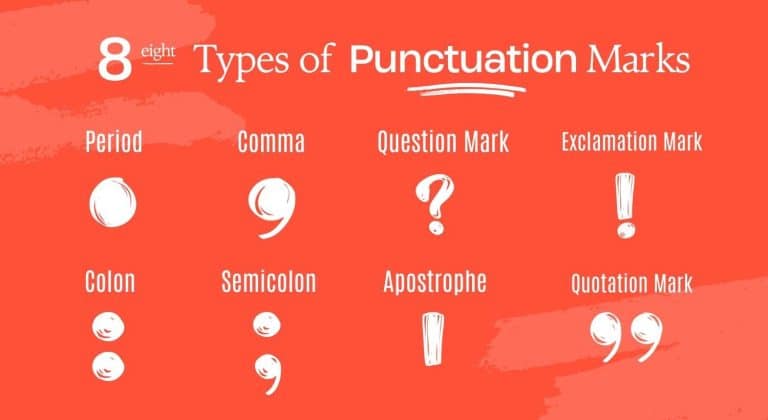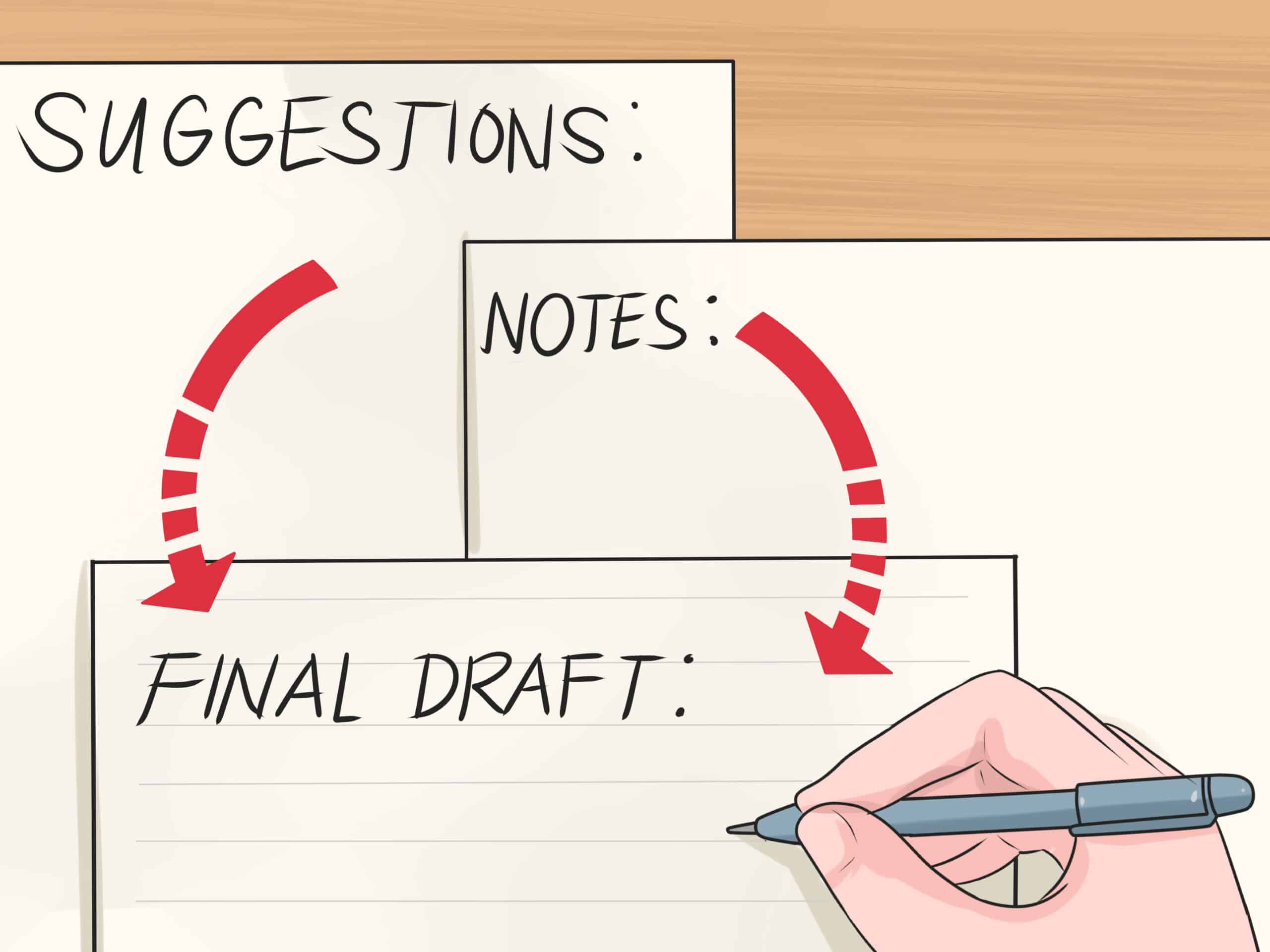
Grammar Exercises for Beginners: Practice Makes Perfect
Are you new to learning English grammar? Do you find it confusing or overwhelming at times? Don’t worry — mastering grammar doesn’t happen overnight, but with the right tools and consistent practice, anyone can become confident in English. One of the most effective methods is through Grammar Exercises for Beginners. These exercises help you learn rules, improve your accuracy, and build a solid foundation for fluency.
In this detailed guide, we’ll explore why grammar matters, how beginners can benefit from exercises, the types of practice available, and tips to make your learning journey smoother and more enjoyable. Let’s get started!
Why Grammar Is Important for Beginners
Before diving into Grammar Exercises for Beginners, it’s essential to understand why grammar plays such a vital role in language learning.
✅ Clear Communication
Good grammar helps you form correct sentences, allowing others to understand your ideas easily.
✅ Confidence Building
When you know the rules, you feel more confident speaking, writing, and participating in conversations.
✅ Avoid Misunderstandings
Incorrect grammar can change the meaning of a sentence entirely, leading to confusion.
✅ Academic and Career Success
Whether you’re writing essays or sending professional emails, proper grammar creates a strong impression.
That’s why Grammar Exercises for Beginners are so valuable — they form the base for all language skills.
What Are Grammar Exercises?
Grammar Exercises for Beginners are activities designed to teach the basics of English grammar. These can include:
- Fill-in-the-blank activities
- Multiple choice questions
- Sentence correction
- Matching terms with definitions
- Short writing tasks
- Error identification
These exercises make it easier to understand and remember grammar rules because you’re actively using them, not just reading about them.
Key Benefits of Grammar Exercises for Beginners
Here’s why Grammar Exercises for Beginners are one of the best tools for language learning:
🎯 Targeted Practice
Exercises focus on specific rules such as tenses, articles, or prepositions so learners can strengthen weak areas.
🧠 Better Retention
Actively practicing grammar helps commit rules to long-term memory more effectively than passive study.
📈 Measurable Progress
With regular practice, you can see noticeable improvements in accuracy and fluency.
⏱ Flexible and Time-Efficient
You can practice anytime, anywhere — in short sessions that easily fit into your day.
Common Topics Covered in Grammar Exercises for Beginners
Let’s break down some of the most common topics you’ll encounter in Grammar Exercises for Beginners:
1. Nouns and Pronouns
Identify common and proper nouns. Learn about pronouns like he, she, it, they, etc.
2. Articles
Understand when to use “a,” “an,” and “the.”
3. Verbs and Tenses
Learn present, past, and future tenses — especially the simple present and past for daily conversations.
4. Subject-Verb Agreement
Make sure the verb matches the subject in number and person.
5. Adjectives and Adverbs
Know how to describe nouns (adjectives) and actions (adverbs) correctly.
6. Prepositions
Master common prepositions like in, on, at, under, behind, etc.
7. Questions and Negatives
Form questions using “do,” “does,” “did” and use negatives like “don’t” or “didn’t.”
8. Conjunctions
Learn simple connectors like “and,” “but,” and “because.”
By covering these topics regularly, Grammar Exercises for Beginners help build a well-rounded understanding of basic grammar.
Sample Grammar Exercises for Beginners
Let’s look at a few examples of Grammar Exercises for Beginners that are easy to try at home.
✅ Exercise 1: Fill in the Blank
I ____ a book every night.
Options: (a) reads, (b) read, (c) reading
Correct Answer: (b) read
✅ Exercise 2: Choose the Correct Sentence
(a) She don’t like tea.
(b) She doesn’t like tea.
(c) She didn’t likes tea.
Correct Answer: (b) She doesn’t like tea.
✅ Exercise 3: Match the Verb with the Tense
- I am cooking → Present Continuous
- I cooked → Past Simple
- I will cook → Future Simple
Simple activities like these build confidence and reinforce grammar usage. Try doing 5–10 such exercises daily.
Where to Find Grammar Exercises for Beginners
Many online platforms offer Grammar Exercises for Beginners that are both free and effective. Here are a few trusted resources:
1. British Council – Learn English
Offers beginner-friendly grammar exercises with clear explanations and fun activities.
2. Cambridge English
Provides level-based grammar tasks for learners preparing for exams like A1 and A2.
3. ESL Lab
Great for beginner English learners — includes audio and grammar practice.
4. Khan Academy & Grammarly Blog
Educational and grammar-focused platforms that include grammar worksheets and interactive exercises.
5. Mobile Apps
Apps like Duolingo, Babbel, and LingQ have built-in Grammar Exercises for Beginners to make learning fun and accessible on the go.
Tips to Make Grammar Practice More Effective
Doing Grammar Exercises for Beginners is only half the journey — the other half is how you approach them. Here are some tips for success:
🕒 1. Set a Daily Practice Schedule
Even 15–20 minutes per day can make a big difference.
📓 2. Keep a Grammar Notebook
Write down rules, new words, and common mistakes.
❌ 3. Learn from Your Errors
Review incorrect answers to understand why they were wrong.
🎧 4. Combine Exercises with Listening
Listen to English podcasts or videos to hear grammar rules in action.
✍️ 5. Use It in Writing
Try writing 2–3 sentences using the rules you learned that day.
Beginner Mistakes to Avoid
Everyone makes mistakes in the beginning. Here are some common ones to watch out for when doing Grammar Exercises for Beginners:
- Confusing “a” and “an”
- Forgetting subject-verb agreement (e.g., He go → He goes)
- Using the wrong tense
- Overusing simple present when other tenses are needed
- Misplacing prepositions (e.g., He is on home → He is at home)
Recognizing these early helps you correct them before they become habits.
Fun Ways to Practice Grammar
Learning grammar doesn’t have to be boring! Mix up your Grammar Exercises for Beginners with these fun methods:
🎮 1. Play Grammar Games
Websites like ESL Games Plus and TinyTap offer grammar-based games for beginners.
🎲 2. Flashcards
Create DIY flashcards or use digital apps to review grammar terms and rules.
📚 3. Story Completion
Write simple stories using specific grammar rules you’re learning.
👫 4. Practice with Friends
Create a study group and quiz each other on grammar points.
🎤 5. Use Voice Typing
Speak into your phone using voice typing and then check for grammar suggestions.
These creative methods keep your learning fun and engaging.
How to Track Progress
Tracking your grammar learning progress is key to staying motivated. Here’s how you can do it:
- Use checklists for completed grammar topics
- Maintain a score chart from quizzes and worksheets
- Keep a weekly journal of your writing
- Set short-term goals (e.g., “Master articles by Friday”)
- Celebrate milestones (e.g., “10 days of continuous grammar practice”)
By staying consistent and motivated, you’ll make rapid improvements with your Grammar Exercises for Beginners.
FAQs About Grammar Exercises for Beginners
❓ How often should I do grammar exercises?
Answer: Aim for at least 4–5 sessions per week. Even short sessions are effective when done regularly.
❓ Can I learn grammar without a teacher?
Answer: Yes! Many online resources and mobile apps make self-study easy with explanations, exercises, and quizzes.
❓ Are grammar exercises enough to become fluent?
Answer: Grammar exercises are important but should be combined with reading, listening, speaking, and writing for full fluency.
❓ What’s the best age to start grammar practice?
Answer: It’s never too early or too late. Children and adults can both benefit from Grammar Exercises for Beginners.
Conclusion
If you’re just starting your journey into the English language, Grammar Exercises for Beginners are your best friend. They provide structure, guidance, and active practice — all of which are essential for long-term success in learning English.



